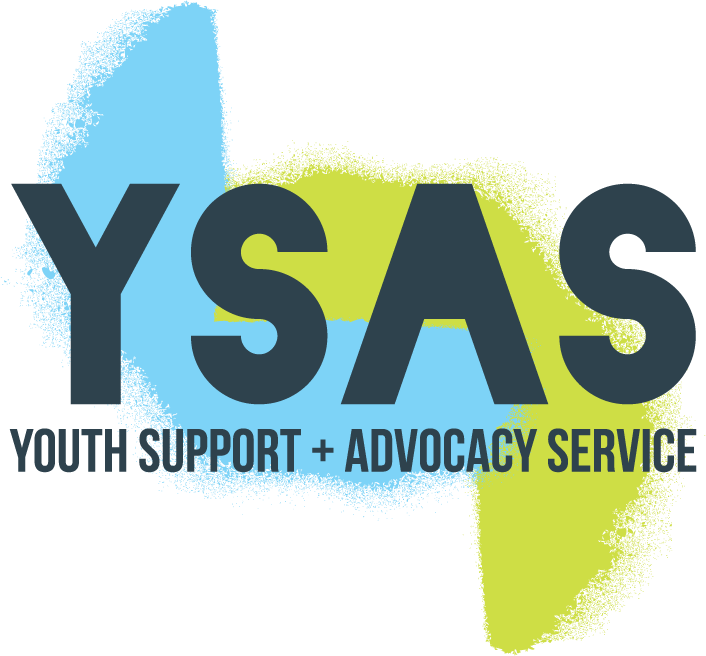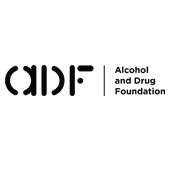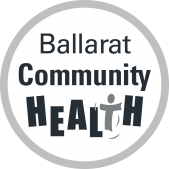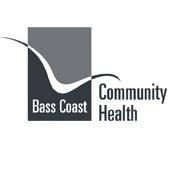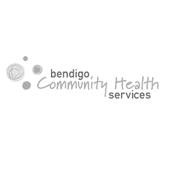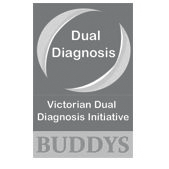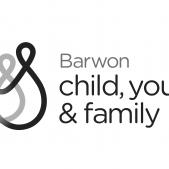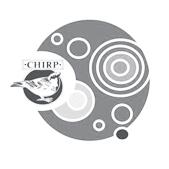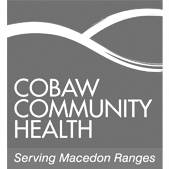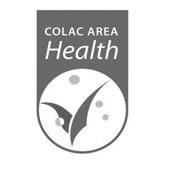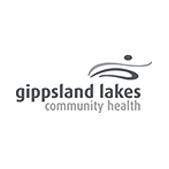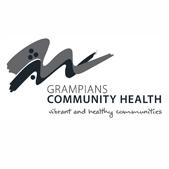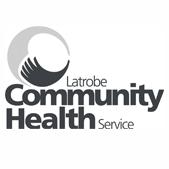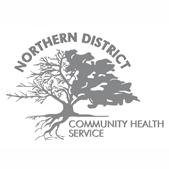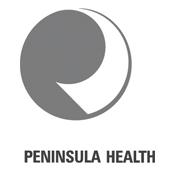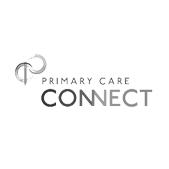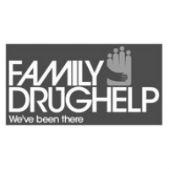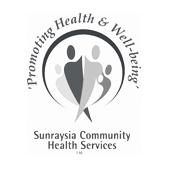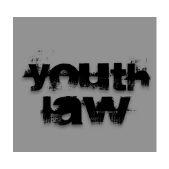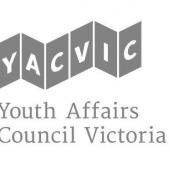Understanding Youth Drug & Alcohol Use
Understanding Psychosis
Worried that your loved one is at risk of psychosis? Here's what to look out for and how to help them.
We know that there is a close relationship between mental health concerns and drug use. For some young people, mental health issues can begin to emerge when they suddenly stop or cease use. For others their use of drugs or alcohol exacerbates mental health concerns and for some young people their use is an attempt to deal with existing mental health concerns. It can be a complicated equation.
One of the most frightening experiences can be when the brain confuses what is real with what is not – this is called a psychotic episode, sometimes called psychosis.
Some early warning signs that someone might be experiencing psychosis include
- Confused thinking : a young person may find it difficult to concentrate follow a conversation or remember things.
- False sense of reality: thinking someone is there when they aren’t or strongly believing something that probably is not true
- Paranoia: such as thinking they are being followed or someone’s always watching them
- Hallucinations: seeing, hearing & smelling things that aren’t there
- Difficulty showing emotions, withdrawal and mood swings are other signs to watch out for.
The good news is, psychosis is treatable. Young people do recover and the earlier they seek help, the better the outcome.
The treatment for psychosis is usually medication, helping a young person to understand what they are experiencing, counselling, family support, avoiding stress and staying off the drugs.
If your loved one is experiencing psychosis they will likely be feeling frightened and alone, fearful, mistrustful, angry and agitated. It is important to remember that they are not behaving this way because they are acting out - they are unable to control these experiences. Some helpful strategies to support your loved one through psychosis are:
- Try to remain calm and be supportive
- Keep a quiet, reassuring tone to your voice
- Seek help from GP or mental health service such as Headspace
- Now is not the time for disagreements or getting into an argument. Avoid conflict (and topics that trigger conflict) until the young person is well enough to talk things out properly.
- If a young person is talking about harming themselves, get support from your local mental health service, hospital or emergency services.
We also recommend these great articles about psychosis and recognising a problem from Headspace for further reading.
Concerned about a young person's drug use and mental health? Check out Headspace for more advice and support.




